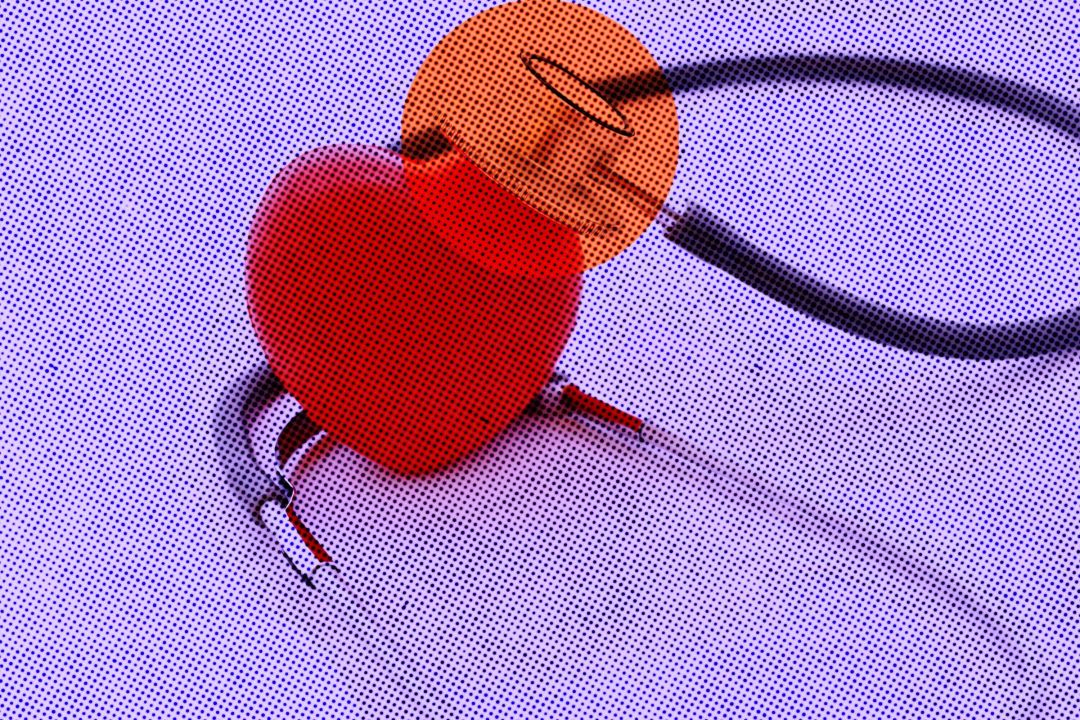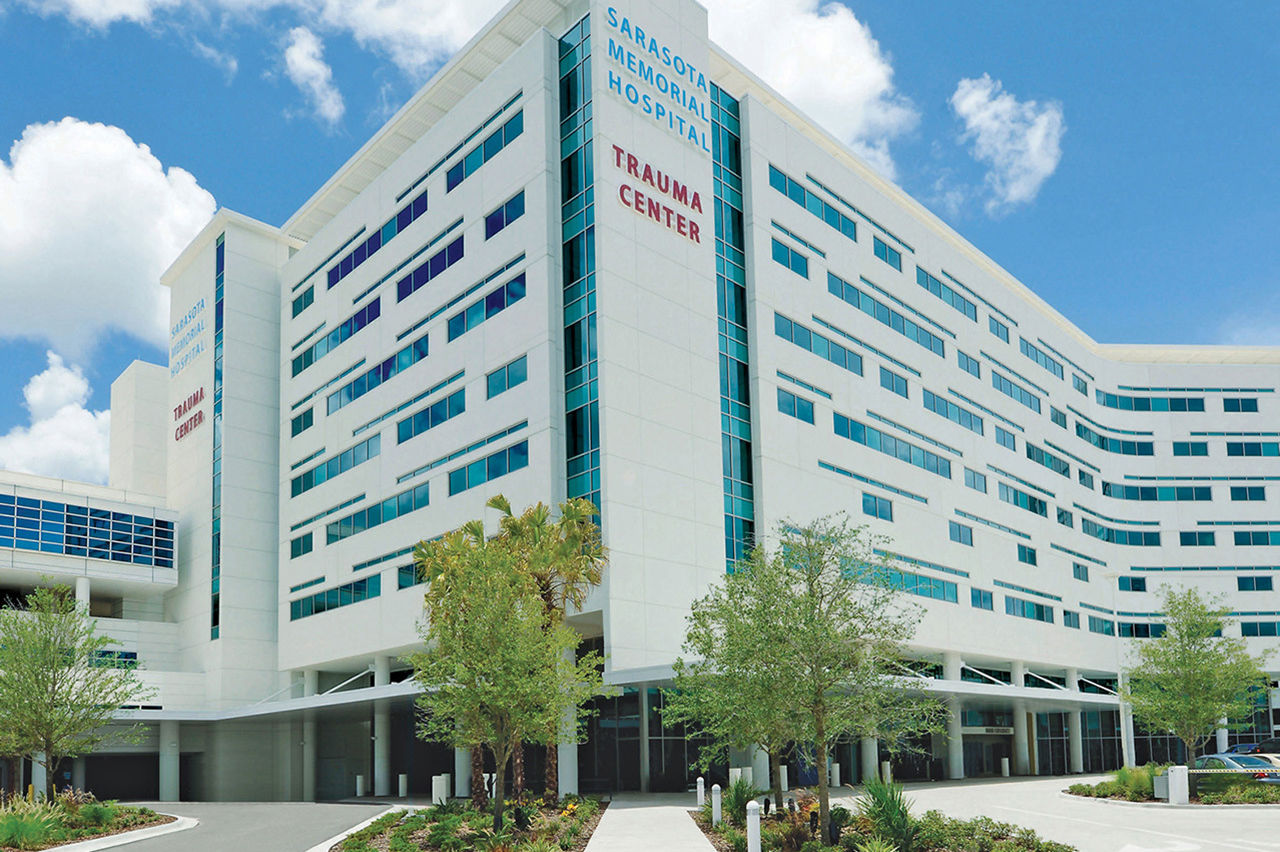What Is Heart Failure and Can it Be Treated?

Image: Kari Perrin
Did you know that Sarasota Memorial Hospital is one of two hospitals in the state that offer the Dean Ornish Program to reverse heart disease? The nine-week lifestyle program meets in-person at the hospital and covers nutrition counseling, meal prep, exercise instruction and reducing stress through yoga and meditation. If you're a patient suffering from heart failure, you can qualify for this lifestyle treatment program, too. Medicare covers the treatment and doctors provide you step-by-step help in reducing symptoms and managing heart failure.
According to Dr. Chippy Nalluri at Heart Specialists of Sarasota, it is a chronic condition that affects more than 6 million Americans. It can be lived with, however, daily life and functioning are greatly impacted.
While there are drugs on the market that can help manage symptoms, such as ace inhibitors and beta blockers, there are new classes of drugs and non-drug treatments that are proving even better at reducing hospitalization and death.
What is heart failure?
It is a condition in which the heart is not able to pump enough blood to meet the body's needs. There are different types of heart failure depending on the chamber of the heart that has been impacted.
Two common forms are reduced ejection fraction and preserved ejection fraction. Nalluri says reduced ejection fraction means the heart is squeezed and under pressure, while preserved ejection fraction means the heart pumps normally, but is too stiff to fill properly. She also says there are several stages of heart failure, with Stage D being end-stage.
"We use the New York Heart Association Functional Classification to determine the stage patients are in and how best to treat them," she says.
How does heart failure affect daily life?
Nalluri says depending on the stage, heart failure can impact daily functioning. Common symptoms include fatigue, breathlessness, tightness in the chest (especially when laying flat on your back) and leg or abdominal swelling. Some patients also have gastrointestinal distress or nutritional deficiencies due to lack of blood supply fueling vital organs.
"Many patients that see me have a marked reduction in quality of life," says Nalluri. "We must take these symptoms seriously, because they can also lead to mental health issues such as depression."
How is heart failure currently treated?
There are a few classes of drugs that are typically prescribed for those who have heart failure. These are ace inhibitors and beta blockers, which are used to reduce blood pressure and help the heart pump blood efficiently. These however, can cause other side effects and sometimes only treat one type of heart failure, even if the patient has more than one abnormality.
What are the new drugs on the market?
"A new class of drugs recently approved by the FDA are called SGLT2 inhibitors," says Nalluri. "They were initially created to treat type 2 diabetes because they reduce blood sugar in the body."
In clinical trials, however, scientists were looking out for cardiovascular risks and found the drug actually reduced risk of hospitalization and death by heart failure by 35 percent.
"These medications cover a spectrum of care," says Nalluri. "They treat both reduced and preserved ejection fraction, even in mild cases of those hospitalized with decompensated heart failure--or those with structural or functional changes in the heart."
Nalluri adds studies have also found SGLT2 inhibitors improve kidney function, help patients lost weight and are well tolerated by most patients with limited side effects.
Another new drug that is a combination of two medications is called Entresto. It is an angiotensin receptor-neprilysin inhibitor (ARNI) which specifically helps those with reduced ejection fraction.
Are there any new non-drug treatments on the horizon?
"There are clinical trials being conducted for gene therapy that are not yet FDA approved, but in the works," says Nalluri. "This is an exciting prospect in the way of other treatment options."
For those who do not respond well to medications, Nalluri tries called Vericiguat. It is a fairly new drug that is dissolvable by mouth and is found to reduce hospitalization and death in patients by 10 percent.
If you have Stage D or late-stage heart failure, you may be referred to a hospital with a transplant center for a heart transplant. Or you may have an left ventricular assist device (LVAD) implanted, which helps the heart pump blood more efficiently.
"LVAD's are either a bridge to heart transplant or a final destination in care," Nalluri explains.
There are some companies creating cordless LVAD devices, which are yet to be approved and sold. These would provide patients more mobility and a decreased risk of infection at the cord site on the body.
Does insurance cover these new treatments?
Nalluri says doctors have seen barriers to treatment because of insurance issues before new guidelines were proposed by the American Heart Association. Now, she believes insurance "cannot not" cover these medications, because they are so important.
Even still, some patients may be unable to afford it. Drugs like SGLT2 inhibitors or ARNI's like Entresto cost anywhere from $400 to $500 with insurance.
A generic version of Entresto is in the works and projected to be released by 2036. At this time, there are no generic versions of SGLT2 inhibitors.
What can patients do in terms of prevention?
"Prevention is key, even after hospitalization," says Nalluri. "Heart failure is a highly fatal disease, so even in developed stages, eating well, losing weight and going through rehab programs like the Dean Ornish program play a significant role."
Nalluri says to speak with your doctor is you are experiencing any symptoms, have sleep apnea or have a family history of heart failure to consider.



